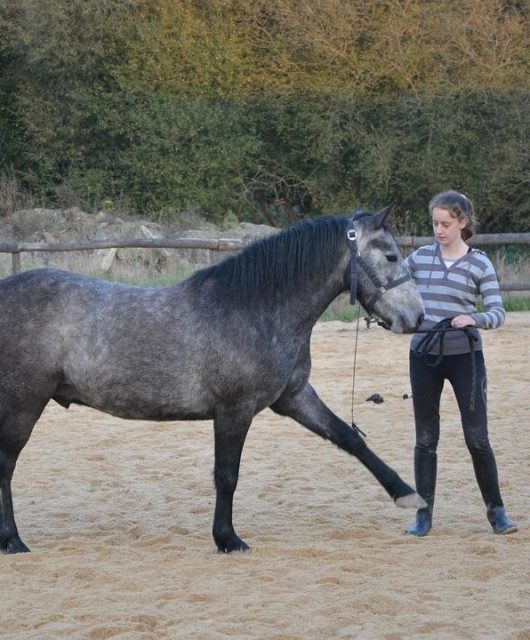How to Improve Your Singing Skills: Tips and Techniques for Aspiring Vocalists

Key Takeaways
- Practice and consistency are crucial for vocal improvement.
- Breathing techniques can significantly enhance your singing.
- Understanding vocal anatomy helps prevent strain and injury.
- Warm-up exercises are essential before any singing session.
- Hydration and a healthy lifestyle contribute to better vocal health.
The Importance of Consistent Practice
Consistency is vital in improving any skill, and singing is no exception. Regular practice helps strengthen your vocal cords and increases your range. Some aspiring vocalists find incredible benefits from in-home voice lessons, which provide the convenience of practicing in your own space. A study published in the Journal of Voice emphasizes that daily vocal exercises can significantly enhance singing capabilities.
Consider short, frequent sessions over long, infrequent ones when setting up a practice schedule. This method helps to solidify muscle memory and ensures constant improvement. For instance, dedicating 30 minutes each day to focused practice can be more effective than a few hours once a week. Remember, even professional singers who have reached their peak continue to practice regularly to maintain their skills. Consistency also builds discipline and helps you track your progress, making your singing journey more rewarding.
Mastering Breath Control
One of the most important aspects of singing is breath control. Proper breathing techniques help you hold notes longer and improve your sound’s overall quality. Techniques such as diaphragmatic breathing can be a game-changer for many vocalists. For those looking to improve their breath control, this guide on breathing techniques for singers is a great resource.
To master breath control, practice taking deep breaths from your diaphragm rather than your chest. This technique allows for more robust and sustained vocalization—also, practice breath control exercises like controlled breath release and specific breathing patterns during your songs. For example, try inhaling for four counts and exhaling for eight counts at Create More Music classes, gradually increasing the duration as you improve. This will help you manage your breath better during performances. Proper breath control can also reduce tension and promote a relaxed singing posture, crucial for optimal sound production. By refining your breath control, you’ll not only enhance your singing but also create more music, as improved breathing allows for longer, more expressive vocal phrases and greater endurance during practice and performances.
Understanding Vocal Anatomy
Knowing how your vocal anatomy works can help you sing more efficiently and avoid potential injuries. Understanding the role of the larynx, vocal folds, and resonating spaces can provide insights into better voice management. The National Institute on Deafness and Other Communication Disorders offers a comprehensive overview of the anatomy of the vocal cords.
For instance, understanding how the larynx works can help you better manage your pitch and tone, while knowing how your vocal folds function can aid in producing clear and stable notes. Knowledge of vocal anatomy also assists in diagnosing and correcting issues like vocal strain or fatigue. Awareness of your resonating spaces, such as your throat, mouth, and nasal passages, can help you project your voice more effectively and achieve a richer, fuller tone. Singers who understand their vocal anatomy are better equipped to implement techniques that enhance their performance and prevent long-term damage.
The Role of Warm-Up Exercises
Never underestimate the power of a good warm-up. Vocal warm-ups are essential for preparing your voice for the rigors of singing. Exercises like lip trills, sirens, and humming can prepare your vocal cords, reduce the risk of injury, and improve performance.
To incorporate effective warm-ups into your routine, start with gentle humming and gradually move on to more dynamic exercises. Aim for at least 10 to 15 minutes of warm-ups before singing. This process prepares your vocal cords and enhances your focus and mental readiness. Additionally, try to include a variety of exercises that target different aspects of your voice, such as scales for range, arpeggios for agility, and tongue twisters for articulation. Proper warm-ups can lead to smoother transitions between notes and better control over dynamic variations in your singing.
Hydration and Vocal Health
Hydration plays a crucial role in maintaining vocal health. Drinking plenty of water ensures that your vocal cords are well-lubricated, which helps in producing clear and effortless sound. Moreover, a healthy diet rich in vitamins and minerals supports overall vocal health.
Avoid consuming dehydrating substances such as caffeine and alcohol, especially before singing. Include hydration as part of your daily routine, and consider using a humidifier to keep the air moist, particularly during dry weather conditions. Additionally, foods rich in antioxidants and anti-inflammatory properties, like berries, leafy greens, and nuts, can support vocal health. Regular hydration and a balanced diet enhance vocal performance and help faster recovery from vocal fatigue or strain.
Additional Tips for Aspiring Vocalists
- Record yourself regularly to track your progress and identify areas for improvement.
- Take professional singing lessons to get personalized feedback and accelerate your growth.
- Join a choir or a singing group for collaborative learning and performance opportunities.
- Avoid smoking and excessive alcohol consumption as they damage your vocal cords and overall health.
Regular recording sessions allow you to listen critically to your singing and make necessary adjustments. Professional lessons offer tailored guidance, helping you overcome specific challenges and refine your technique. Being part of a choir or singing group provides a supportive environment and exposes you to diverse singing styles and genres. Lastly, maintaining a healthy lifestyle by avoiding harmful substances ensures long-term vocal health and sustainability.
Conclusion
Improving your singing skills takes time, effort, and dedication. You can significantly enhance your vocal abilities by incorporating consistent practice, mastering breathing techniques, understanding vocal anatomy, and maintaining good vocal health. Remember, becoming a better singer is a marathon, not a sprint. Keep practicing and stay motivated! Surround yourself with supportive communities, seek continuous learning opportunities, and celebrate small milestones. Your dedication and perseverance will undoubtedly lead to remarkable progress and enjoyable singing experiences.









